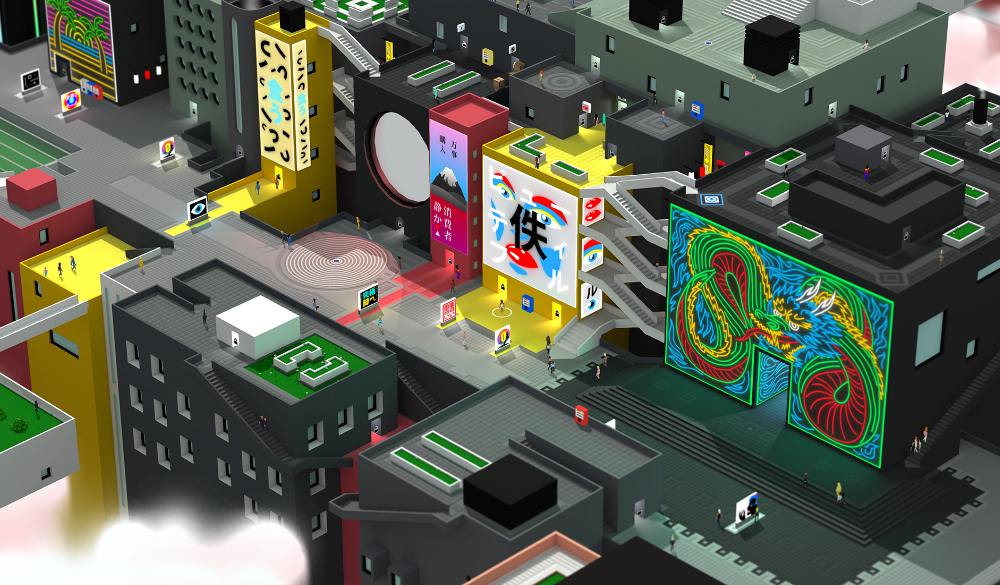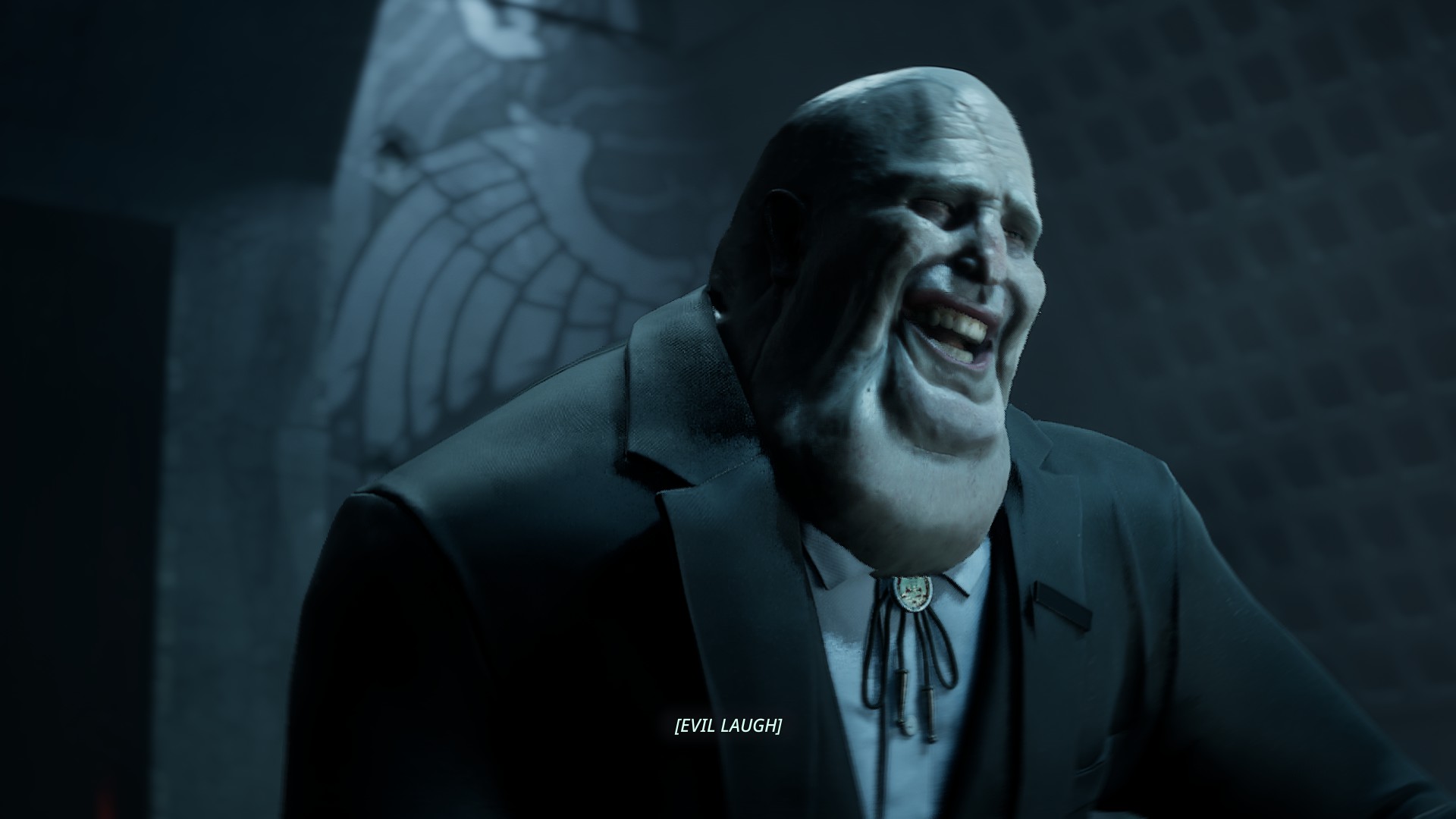Our Verdict
An intricate, beautiful playground for some enjoyably open-ended assassinations.
PC Gamer's got your back
What is it? A stylish open-world cyberpunk shooter.
Expect to pay £15/$20
Developer SMAC Games
Publisher Mode 7
Reviewed on GTX 970, Intel i7-5820K, 16GB RAM
Multiplayer 1-8
Link Official site
This vision of a futuristic Tokyo has very little in common with the real city. It’s a stylised, cubist labyrinth of buildings painted in bold colours, occasionally opening up into sprawling plazas littered with sculptures of smiling cats and giant human heads. Viewed from an isometric perspective, the city is a gorgeous and impressively intricate diorama, buzzing with life and animation. Hordes of pedestrians scuttle back and forth, flying cars shoot between tower blocks, and in the middle of this chaotic urban sprawl is you, a killer for hire.
Contracts can be simple. Sniping someone on a distant apartment balcony from a vantage point, or locating them in a busy crowd. But Tokyo 42 is at its most thrilling when your target is tucked away in a restricted area and protected by armed guards. It’s in these situations where you can get creative, choosing a path to the target, making use of your character’s soaring, floaty jumps to navigate the map, and deciding how to kill them. It’s not as deep as, say, Deus Ex, but it definitely has the feel of an immersive sim.
And like the best examples of that genre, sometimes the greatest moments are a result of screwing up. After a bungled attempt to sneak up on a target on the roof of a skyscraper, I stumbled into the line of sight of a dozen of his rifle-toting bodyguards. In a panic I tossed a few grenades at him and leaped off the building, narrowly avoiding a tornado of gunfire. And, amazingly, one of the grenades killed him. I landed on the street below—there’s no fall damage—and used a gadget to change my appearance, strolling away as if nothing happened. It was a wonderfully cinematic moment, and totally unplanned.
In another mission I was more careful, managing to methodically and silently kill every guard with a katana on my way to the target. It was immensely satisfying, although the stealth is rudimentary and occasionally frustrating. But the important thing is that you have the option. This freedom of choice is Tokyo 42’s best feature, and your range of options only increases as you use money earned from contracts to unlock better weapons and additional gadgets. The context of each mission is wildly different, often with a comical setup, but most of your time is spent trying to kill people that are hard to reach.
Tokyo 42 also has echoes of the early top-down GTAs. Cause enough mayhem and you’ll trigger a police drop.
Tokyo 42 also has echoes of the early top-down GTAs. Cause enough mayhem and you’ll trigger a police drop, in which a team of armoured police officers descend from a flying van and come at you guns blazing. And, brilliantly, this can happen during a mission. I learned this the hard way when I was being careless with some grenades and accidentally blew up a load of pedestrians. I love how these moments add an element of unpredictability to the game. Annoy enough people and you’ll be hounded by gangsters and cops, but luckily you can respawn near-instantly. Death is merely an inconvenience here.
But it’s the camera that caused me the most problems in Tokyo 42. You can only spin it around a quarter at a time by hitting the Q and E keys, and there’s a very slight delay with each rotation that can cause problems in action-packed situations. An early mission has you driving through the city on a motorcycle, and the laboured twists of the camera make turning corners and navigating the sprawl a real chore. I found myself wrestling with the camera, struggling to find the perfect angle during a firefight, more than I would have liked. The isometric perspective looks nice, but ultimately isn’t that practical.
I don’t know if I’d like it as much if it didn’t look so pretty. The art style is definitely one of the most compelling things about the game, and I love exploring its crisp, brightly-coloured metropolis. Beyond that it’s a decent shooter with a little stealth thrown in, and its open-ended structure and interlocking systems can result in some fun, emergent moments. I found the tongue-in-cheek tone of the writing grating and not terribly funny, but the story is easily ignored. Tokyo 42 is at its best when your plan falls to pieces and you’re forced to improvise to complete your mission.
Keep up to date with the most important stories and the best deals, as picked by the PC Gamer team.
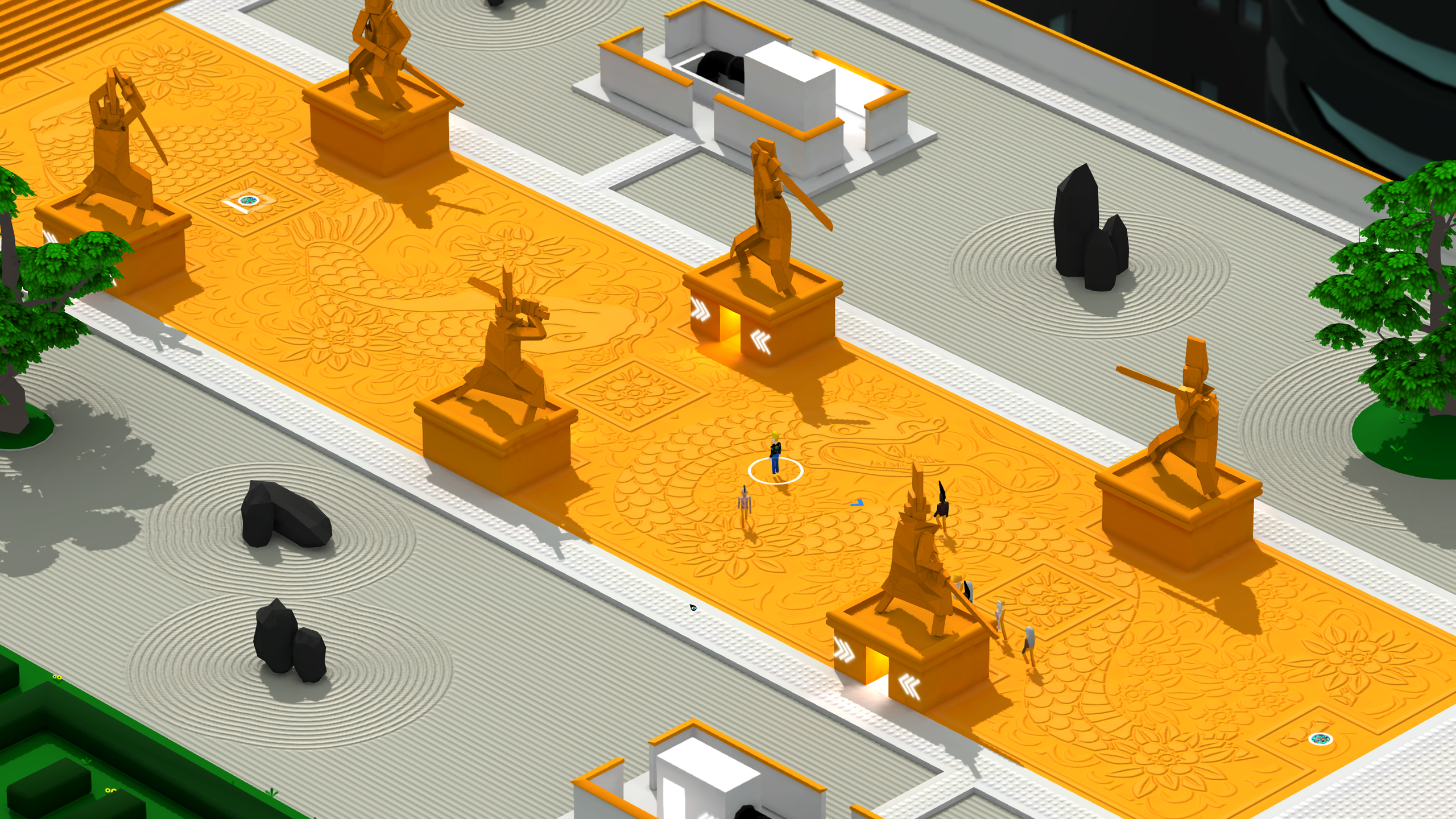
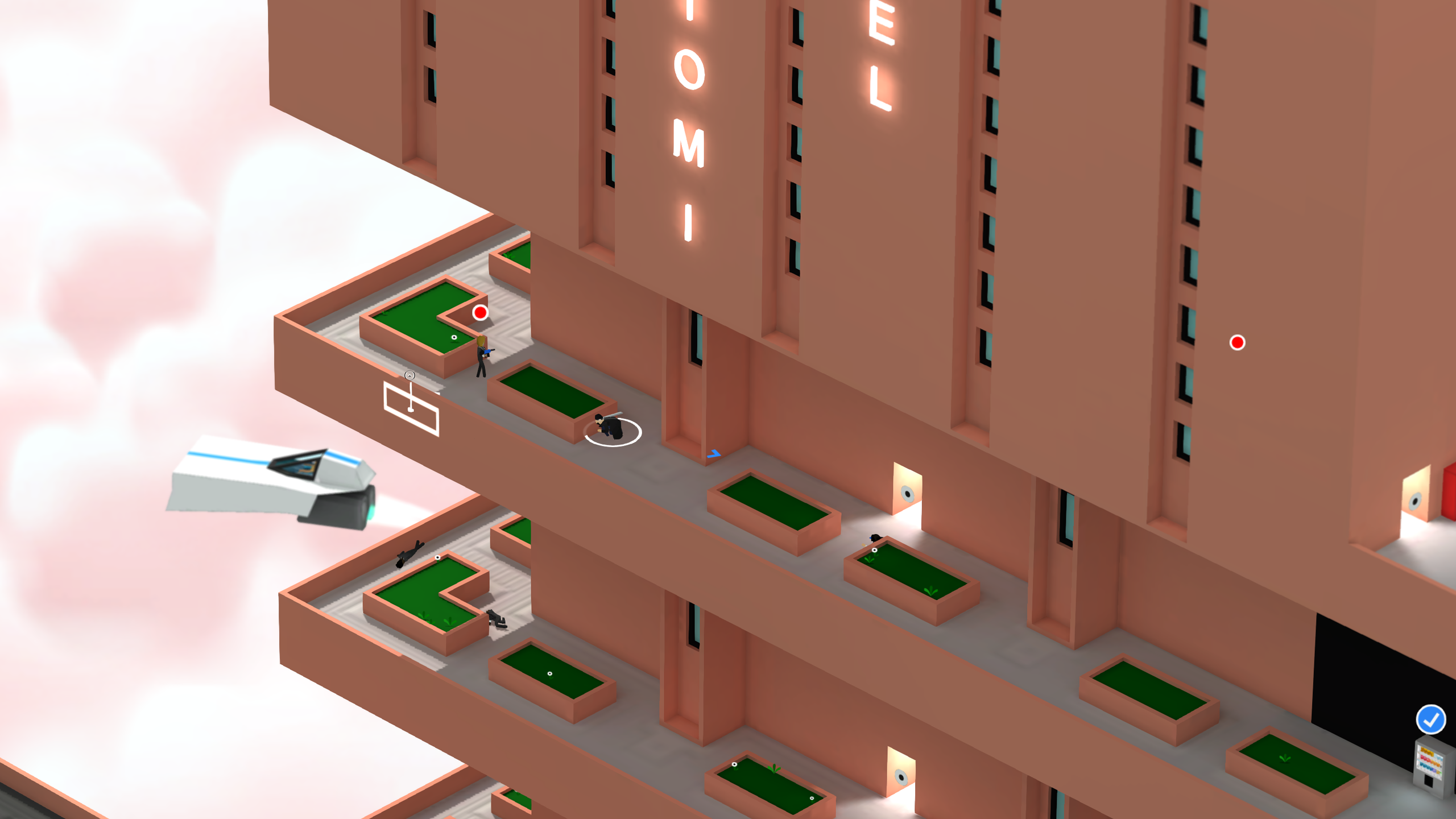
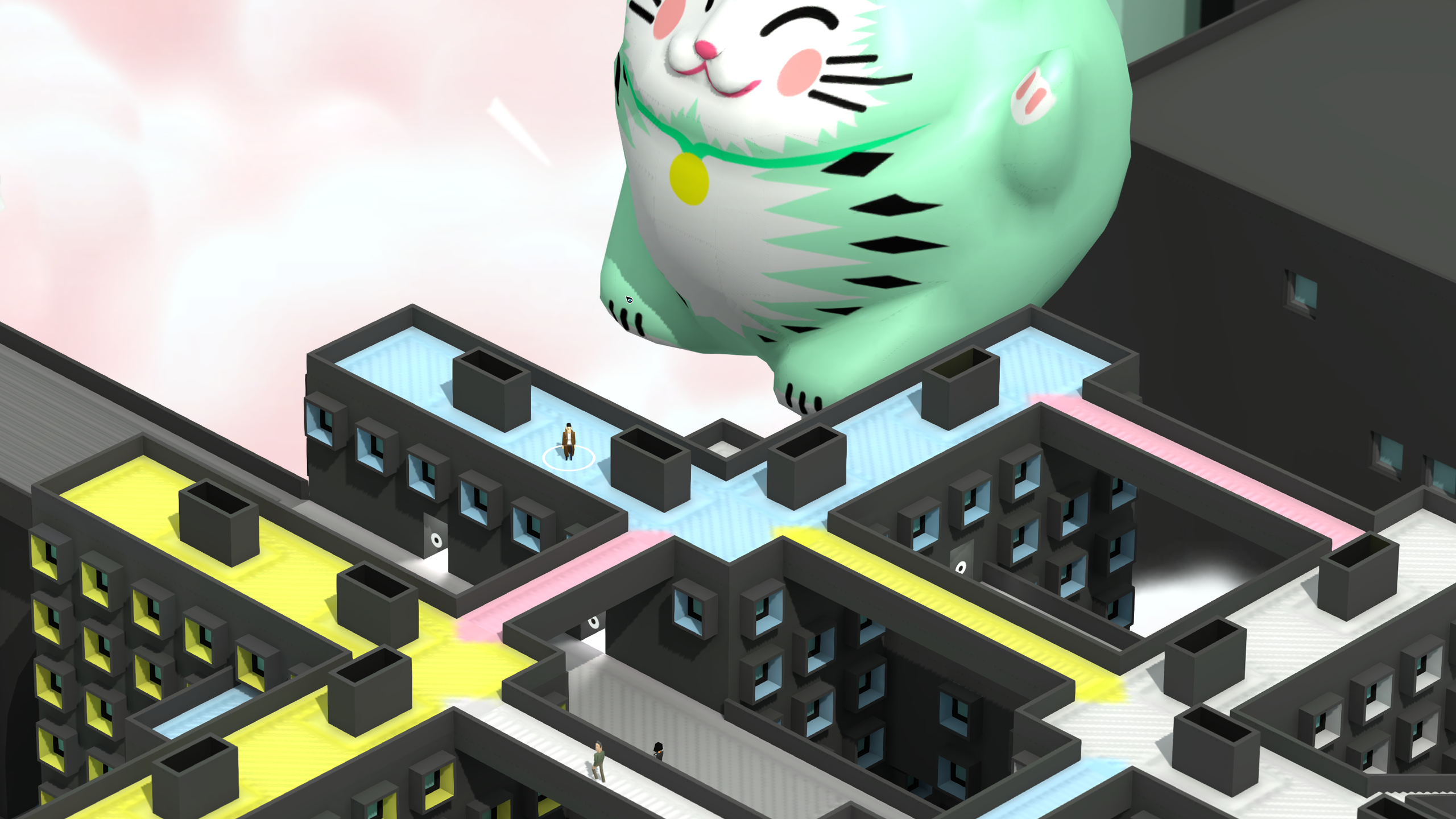
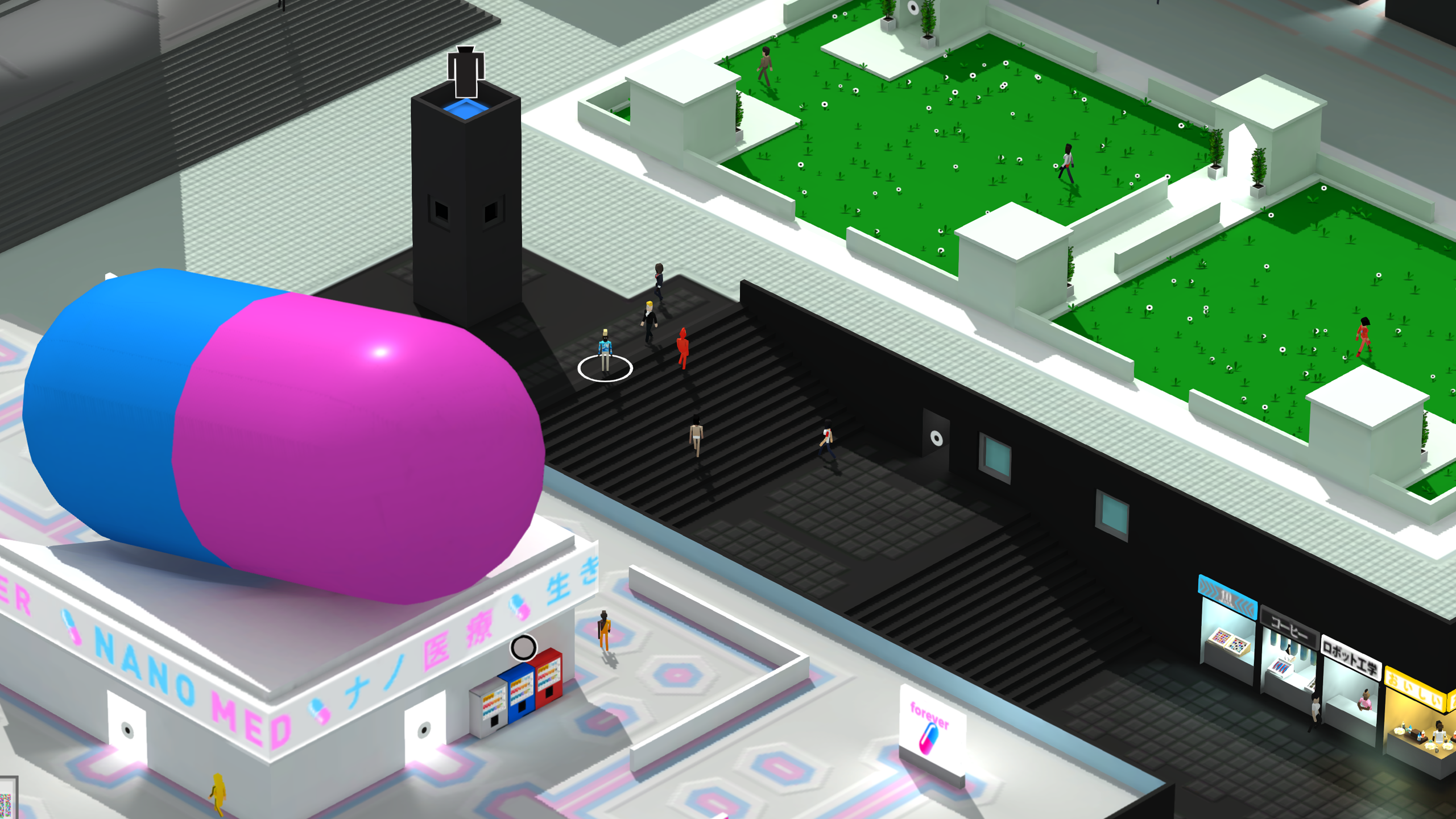
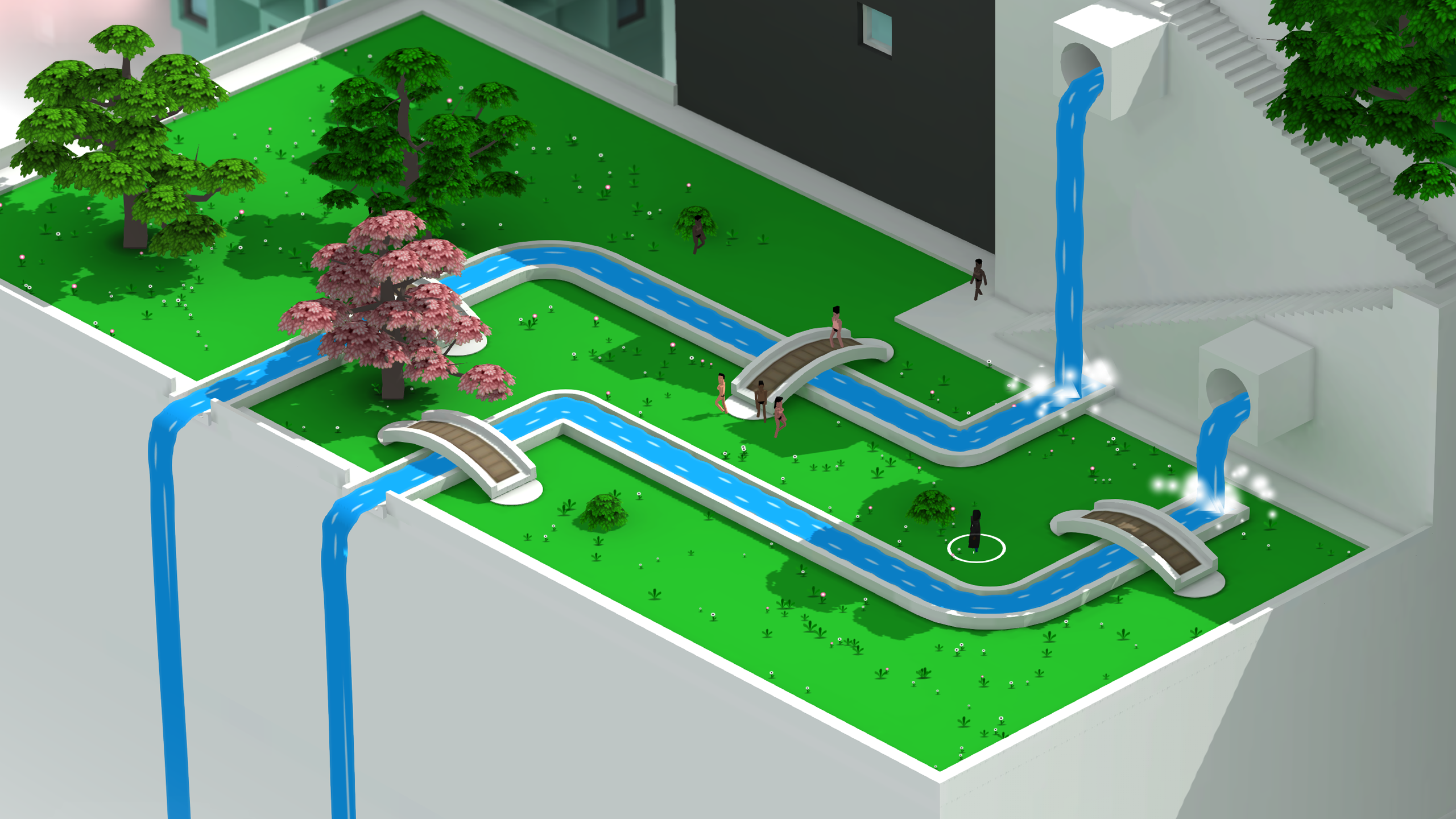
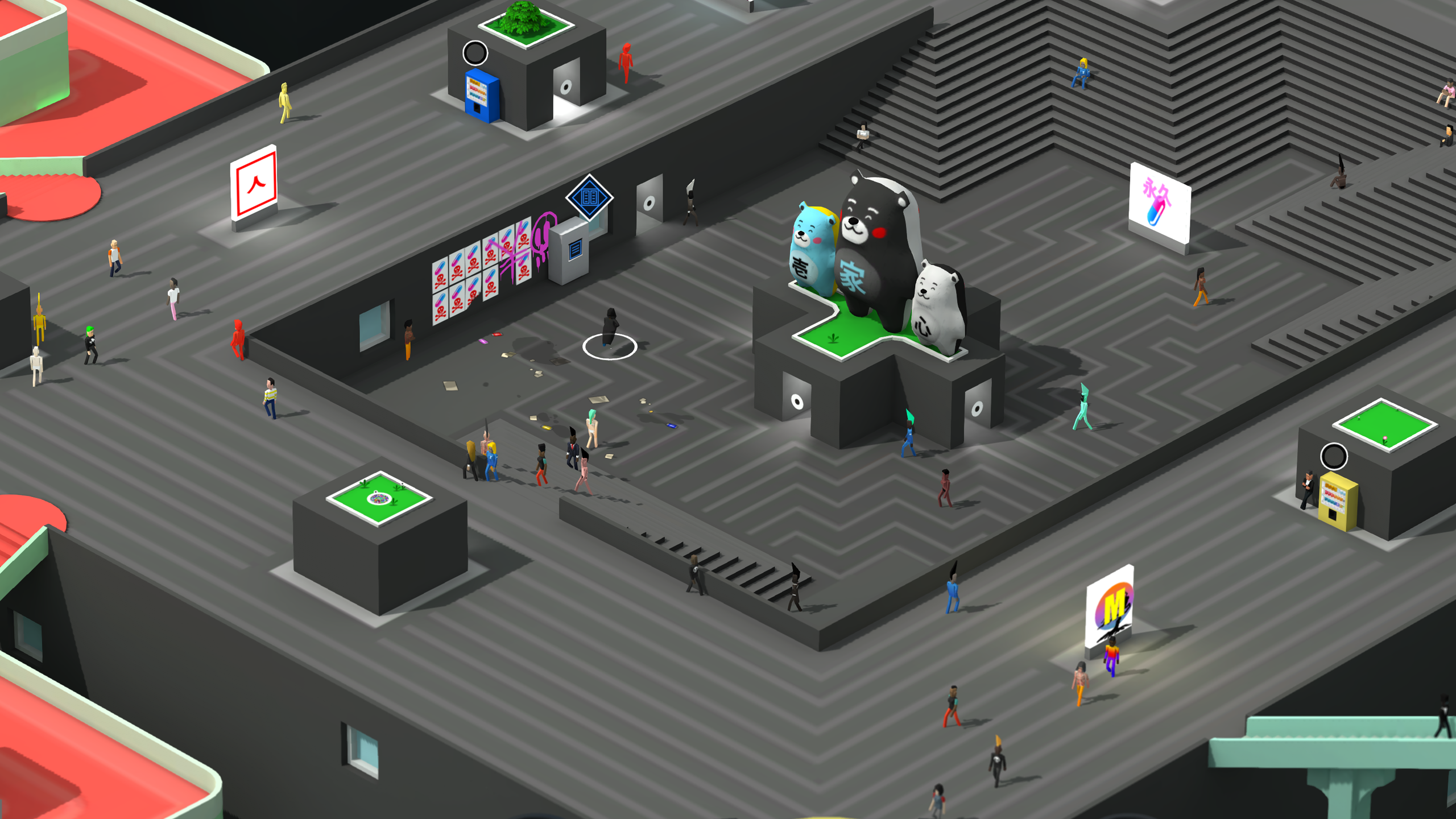
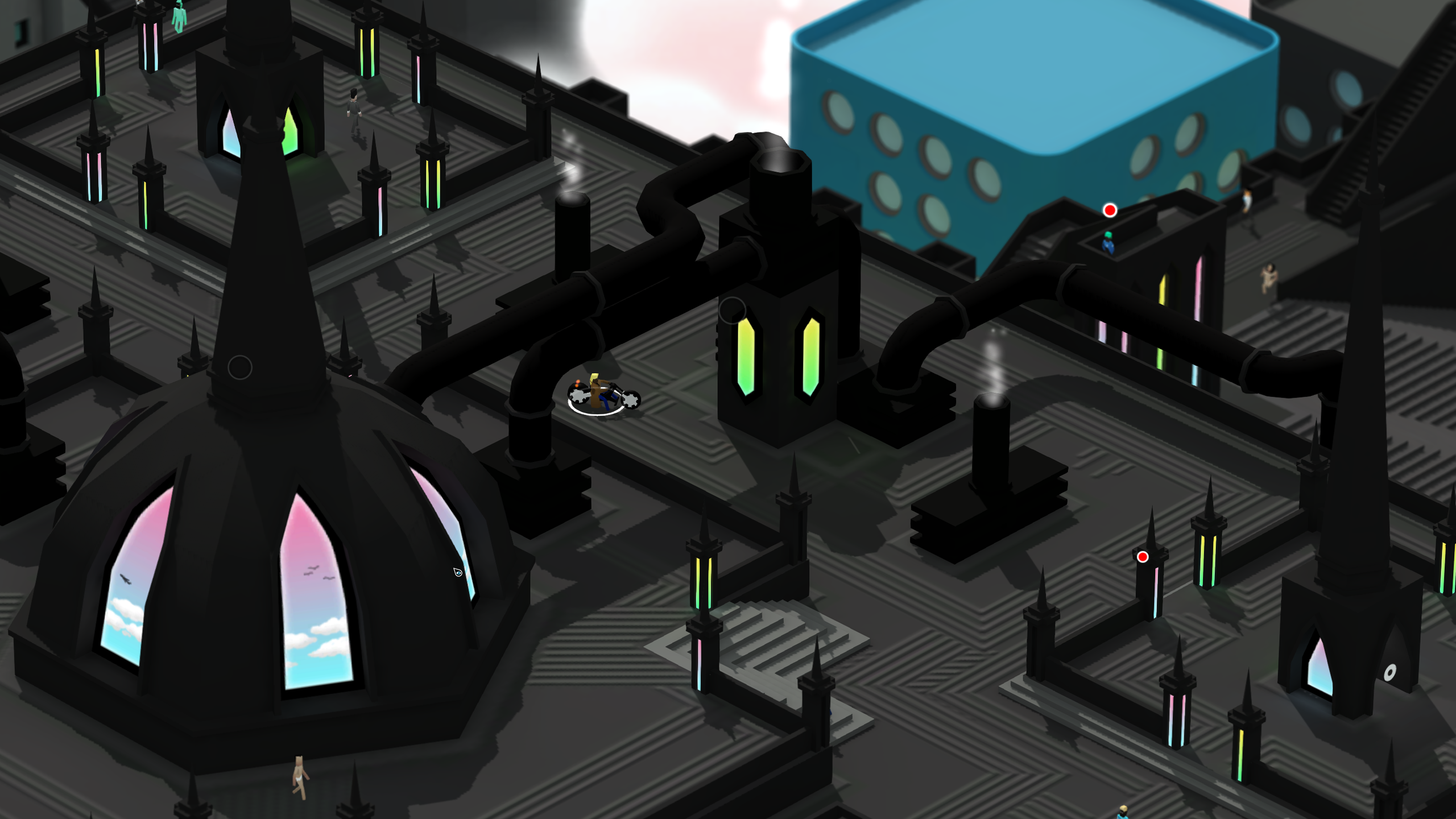
An intricate, beautiful playground for some enjoyably open-ended assassinations.
If it’s set in space, Andy will probably write about it. He loves sci-fi, adventure games, taking screenshots, Twin Peaks, weird sims, Alien: Isolation, and anything with a good story.
